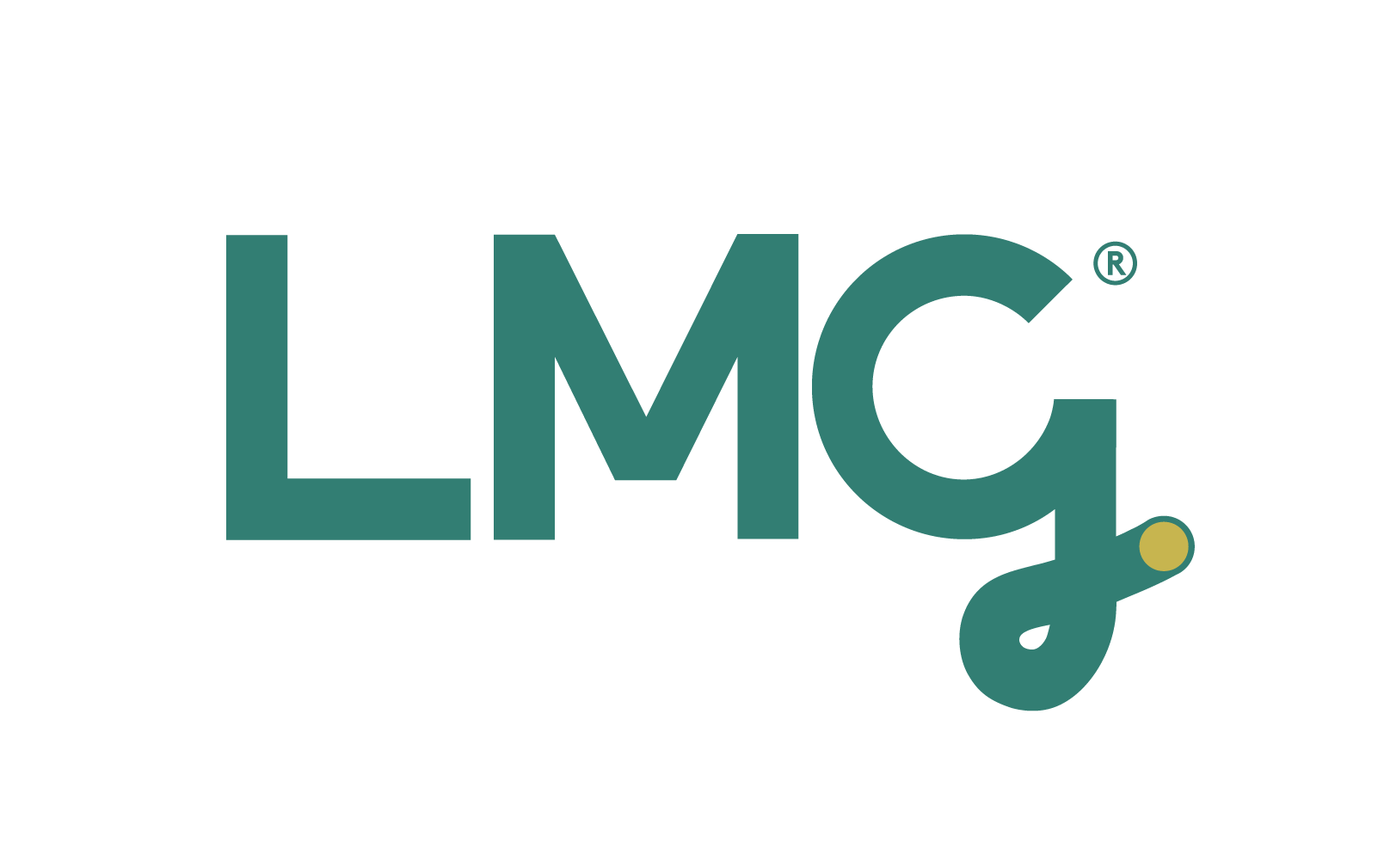From 1 July 2025, GIC and SIC will no longer be tax-deductible, significantly increasing the cost of carrying tax debt for small businesses. With the current GIC rate sitting at 11.17% and compounding daily, many SMEs are moving quickly to restructure or refinance their obligations before the cut-off date.
LMG has recorded a 486% increase in business finance inquiries across its broker network related to tax debt in FY25 compared to the same period in FY24, as business owners look for funding solutions that can help them get ahead of the looming changes.
Andrew Vitucci, Finance Broker at My Lending Specialist, said the upcoming change has triggered a noticeable shift in client urgency.
“ATO debt has always been a challenge for small business owners, but the ability to claim interest as a deduction softened the blow and that safety net is now gone. We’ve seen a significant increase in funding inquiries directly tied to ATO debt over the past eight weeks,” said Mr Vitucci.
“Clients are now treating this as a priority. They’re wanting to consolidate or refinance before this becomes a much more expensive liability.”
Elisha Zejfert, Managing Director at Savvi Lending, echoed the sentiment, saying the change has sparked increased awareness among business owners who may have previously delayed action.
“There’s definitely a sense of urgency in the market right now. Business owners are realising that doing nothing is no longer an option, particularly those already under cash flow pressure. I expect inquiries will continue into the new financial year as more SMEs become aware of the long-term cost implications of holding onto tax debt.”
Lenders are also noticing a spike in demand for working capital and tax debt solutions. Yanir Yakutiel, Founder and CEO of Lumi, said education around the implications of the rule change has been critical.
“Many SMEs aren’t fully aware of how much this change could cost them in the long run. We’ve worked closely with brokers to help them understand the funding options available, and we’re seeing an increase in volume of applications coming through as a result,” Mr Yakutiel said.
“For some clients, refinancing ATO debt could now mean the difference between staying ahead or falling further behind.”
Tim Wells, Head of Operations Asset Finance at LMG, said the response from brokers highlights the important role they play in supporting small business resilience.
“Our brokers are often the first call when business owners are under pressure. The proactive engagement we’ve seen over the past couple of months reflects just how vital finance brokers are in helping clients understand and manage the cost implications of these types of regulatory changes,” he said.
“This is a strong example of the industry working together – brokers, lenders and aggregators – to ensure small businesses have access to timely advice and tailored finance solutions.”
With less than a week until the changes take effect, brokers are urging small businesses to seek professional advice and take action where needed.
 LMG
|
Jun 25
-
2 min read
LMG
|
Jun 25
-
2 min read


